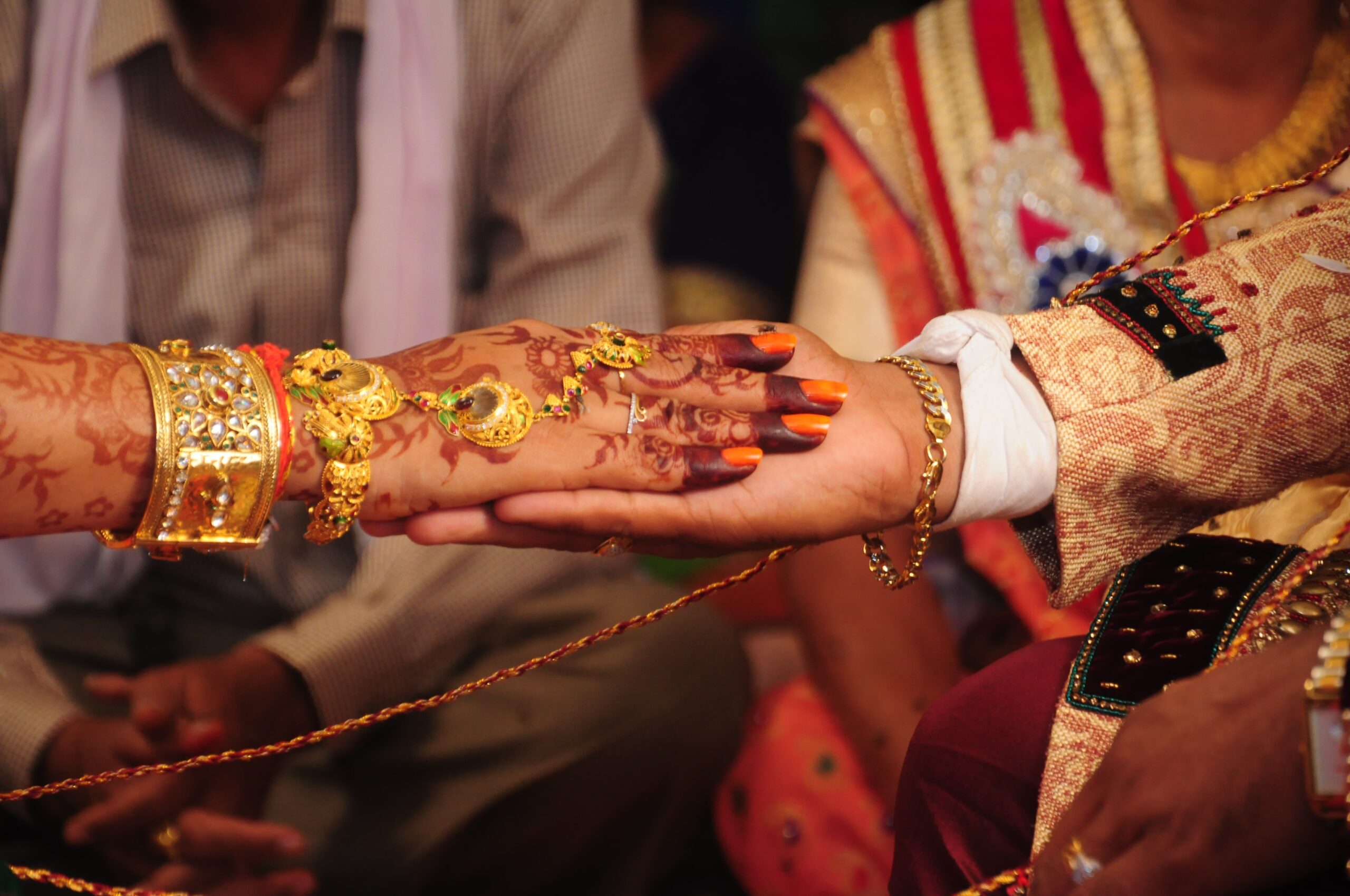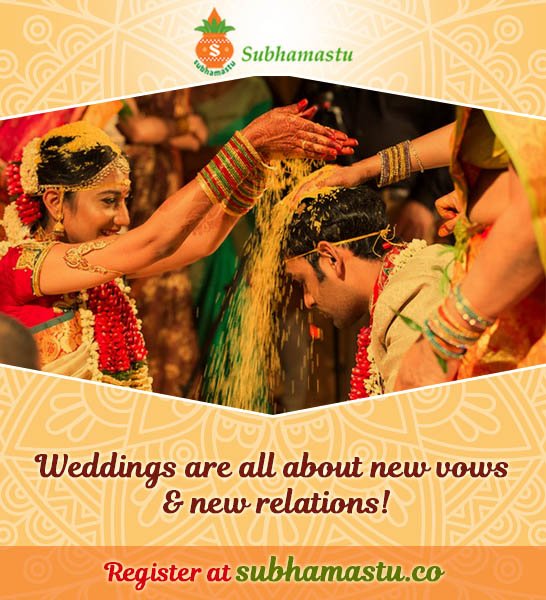Weddings are the most significant and colorful celebrations in Indian culture, and they vary from region to region and community to community. Among the many communities in India, Kamma weddings hold a unique place in terms of customs, rituals, and traditions. Kamma weddings are rich in cultural significance, and the ceremonies are deeply rooted in the customs and beliefs of the community. In this article, we will explore what makes Kamma weddings stand out from the rest.
Kamma Community and its Traditions
The Kamma community is one of the largest and most influential communities in South India. They are known for their strong agricultural background and are predominantly found in the states of Andhra Pradesh and Telangana. The Kamma community has a rich history and culture, and their weddings are a reflection of this.
Pre-Wedding Ceremonies
Kamma weddings begin with the pre-wedding rituals, which are essential for preparing the bride and groom for their big day. Some of the common pre-wedding rituals in Kamma weddings include Mangala Snanam, Kashi Yatra, and Haldi ceremony.
Mangala Snanam is a ritual in which the bride and groom take a holy bath on the morning of their wedding day. The bath is taken with the belief that it will purify their bodies and souls.
Kashi Yatra is another interesting pre-wedding ritual in Kamma weddings. In this ritual, the groom pretends to leave for Kashi, an ancient city in India that is considered holy by Hindus. The bride’s father then convinces the groom to stay and marry his daughter.
The Haldi ceremony is a fun-filled ritual in which turmeric paste is applied to the bride and groom’s bodies. The paste is believed to purify the body and bring a natural glow to the skin.
Wedding Attire
The Kamma community is known for its traditional wedding attire. The bride typically wears a Kanjeevaram silk saree, which is known for its intricate designs and bright colors. The groom wears a traditional dhoti and a silk shirt.
Jewelry also plays an important role in Kamma weddings. The bride is adorned with gold jewelry, including a mangal sutra, bangles, earrings, and a necklace. The groom also wears gold jewelry, including a chain and a ring.
Section 3: Wedding Rituals
Kamma weddings are known for their elaborate wedding rituals, which are performed with great enthusiasm and devotion. Some of the essential wedding rituals in Kamma weddings include Kanyadaanam, Jeelakarra Bellam, and Saptapadi.
Kanyadaanam is a significant ritual in which the father of the bride gives away his daughter to the groom. It is a touching moment when the father places his daughter’s hand in the groom’s hand, symbolizing the transfer of responsibility from father to husband.
Jeelakarra Bellam is a unique ritual in which the bride and groom apply a mixture of cumin seeds and jaggery to each other’s hands. This ritual is believed to signify the couple’s commitment to each other.
Saptapadi is the most crucial wedding ritual in Kamma weddings. It involves the bride and groom taking seven steps together, each step representing a promise to each other. The couple promises to love and cherish each other for life.
Post-Wedding Ceremonies
The post-wedding ceremonies in Kamma weddings are equally elaborate and significant. The ceremonies include Griha Pravesham, Sthalipakam, and other rituals that signify the bride’s entry into her new home. The Griha Pravesham ceremony is where the bride enters her new home, and the Sthalipakam ceremony is where the groom’s family presents gifts to the bride’s family. These ceremonies signify the beginning of a new chapter in the couple’s life and the bond between the two families.
Kamma Wedding Food and Cuisine
Food is an integral part of any Indian wedding, and Kamma weddings are no exception. The Kamma community is known for its love of spicy and flavorful food, and weddings are a celebration of their culinary traditions. The wedding feast, also known as the Maha Prasadam, is a grand affair and is usually served on banana leaves. The menu includes a range of vegetarian and non-vegetarian dishes, including biryani, pulao, sambar, rasam, curd rice, and a range of chutneys and pickles. Desserts include traditional sweets like laddus, halwa, and payasam. The food served at Kamma weddings is a reflection of the community’s love for traditional flavors and spices.




